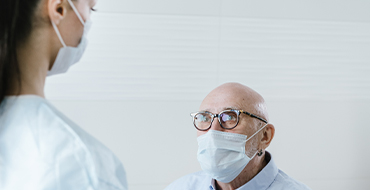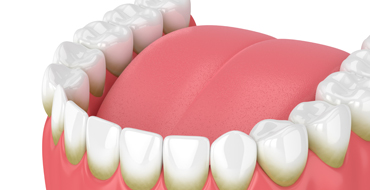Good oral hygiene means more than brushing and flossing. To properly care for your teeth and gums, it is essential to have regular dental checkups and professional dental cleanings. Preventive dental services such as oral exams, regular cleanings, educational instructions, and X-rays will help identify and treat early dental issues before they become serious.
Types Of Dentists: Which One Do You Need?
What are the different types of dentists and what treatment do they provide?Common…




